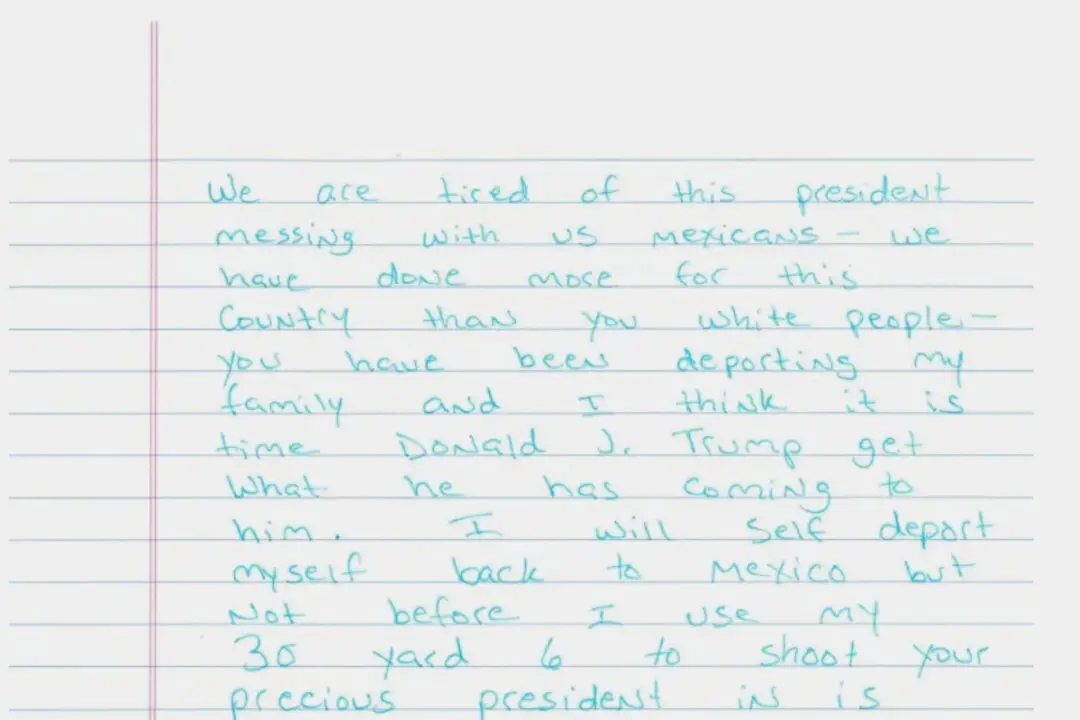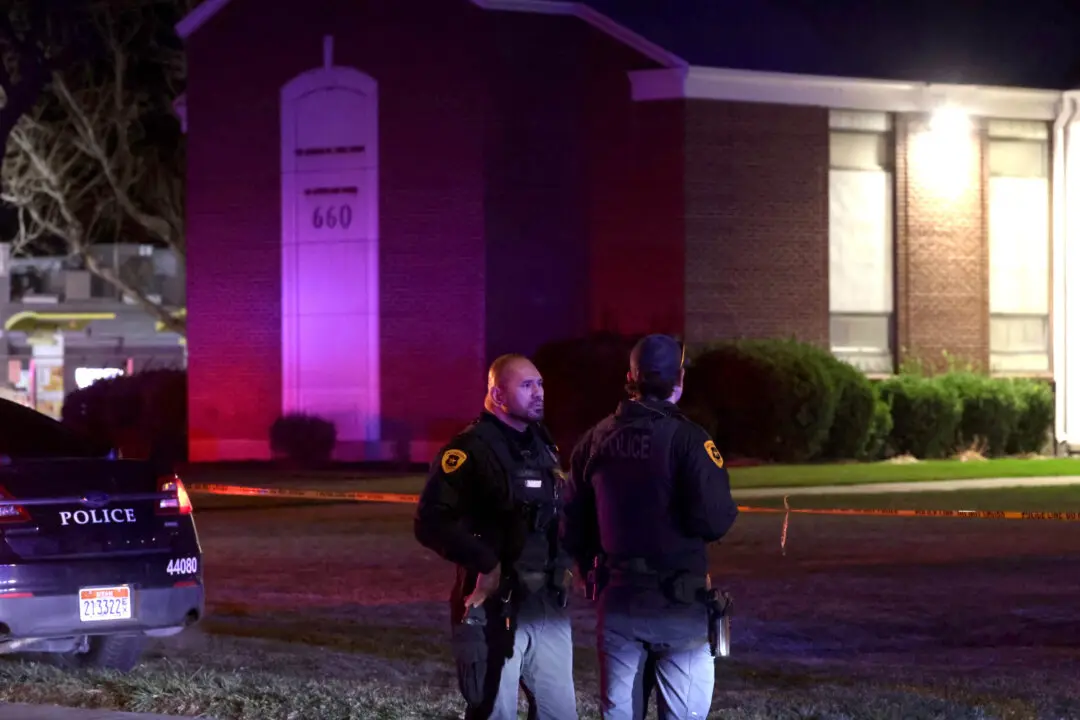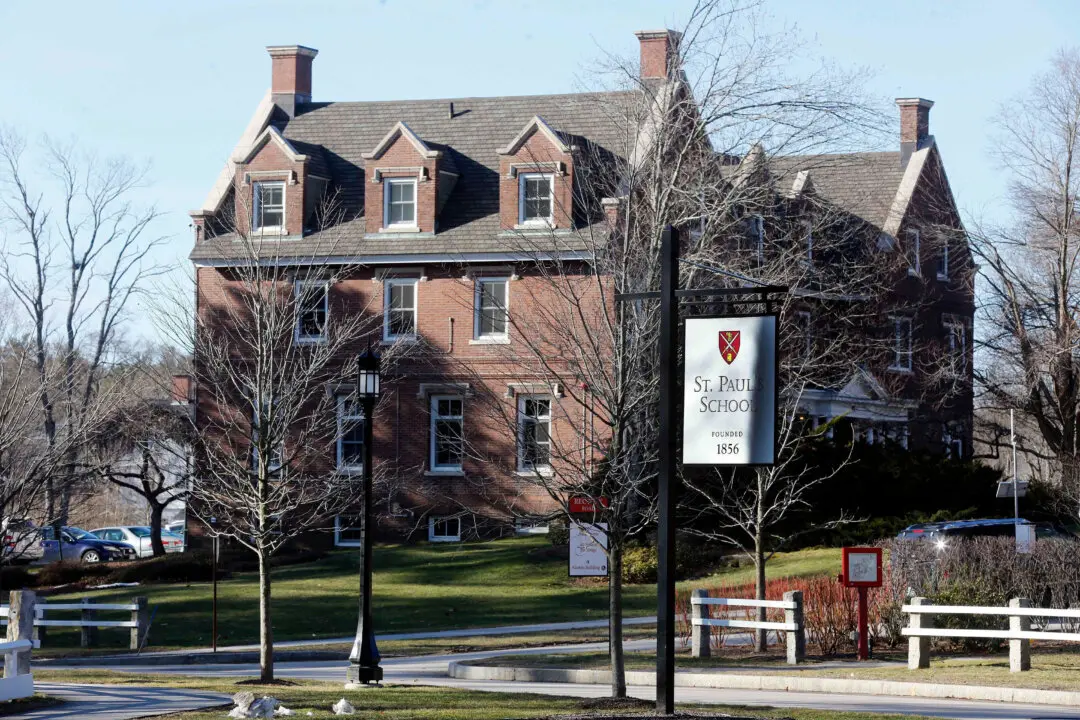BALTIMORE—After four days of testimony, the state is preparing to rest its case against Officer William Porter, one of six Baltimore police officers charged in the death of Freddie Gray. Prosecutors have painted Williams as an indifferent officer who didn’t call for a medic despite Gray’s indication he needed help, and whose failure to buckle Gray into a seatbelt amounts to criminal negligence.
Porter’s attorneys, who will begin calling their own witnesses to the stand in the coming days, have already begun to show their hand by trying to discredit the state’s witnesses and evidence. They’ve suggested Gray’s back was weakened by a previous injury. They’ve also tried to poke holes in the connection between Gray’s injury and Porter’s role in the 45-minute van ride that included six stops and concluded with Gray unresponsive on the wagon floor.
Porter’s trial began Nov. 30. He faces manslaughter, assault, reckless endangerment and misconduct in office charges. Gray was arrested April 12 and died a week later from a lack of oxygen to the brain caused by the spinal injury.
In questioning state’s witnesses, defense attorneys Gary Proctor and Joe Murtha focused Monday on the legitimacy of the autopsy findings that Gray probably suffered his spinal injury after getting up from the floor of the van where he was initially placed, with both his wrists and ankles shackled, and losing his balance. The state medical examiner’s office ruled the death a homicide. Assistant Medical Examiner Dr. Carol Allan testified, and prosecutors contend, that Gray was already gravely injured by the van’s fourth stop, when Porter opened the doors and lifted Gray from the floor onto the bench, leaving him unsecured by a seat belt. Porter should have called a medic then and there, prosecutors say.
Defense attorneys argue that Porter thought Gray wasn’t really hurt but told the wagon driver, Caesar Goodson, to drive him to the hospital anyway. Goodson instead picked up a second passenger before delivering both men to the Western District station house. Goodson faces the most serious charge of second-degree “depraved heart” murder.





